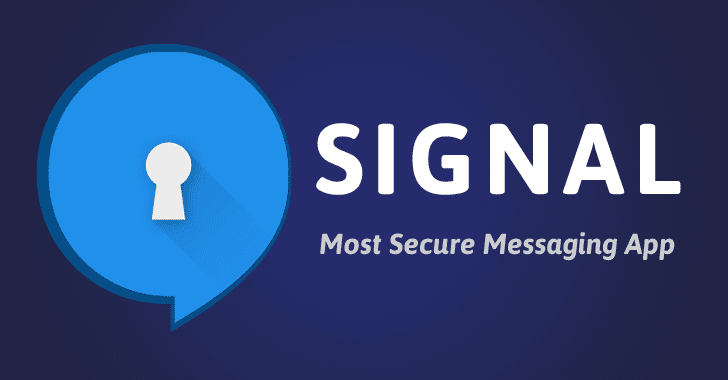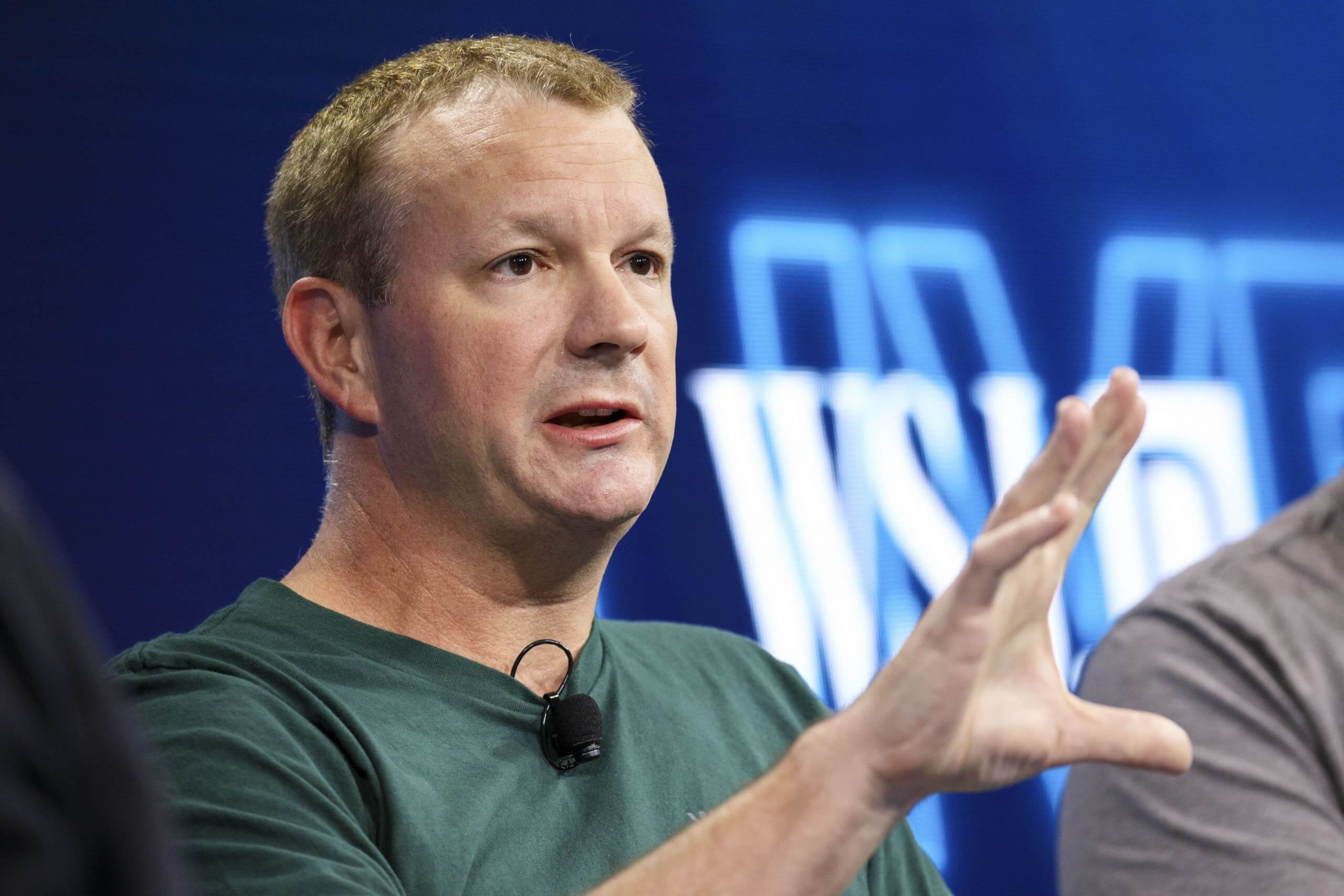Recap: Facebook acquired messaging platform WhatsApp in 2014 for $16 billion. At the time the company's co-founders Brian Acton and Jan Koum vowed that the merger would not compromise their vision for the company.
In 2016, they implemented end-to-end encryption into the app, and it quickly became a point of contention. Facebook wanted to be able to use the platform for targeted advertising and monetization of corporate analytics tools. Acton ended up walking away from $850 million in stock options over then matter, and Koum followed suit less than a year later.
In a recent interview with Forbes, Acton alluded that he feels some remorse for selling the company to the social media titan.
"At the end of the day, I sold my company," he said. "I sold my users' privacy to a larger benefit. I made a choice and a compromise. I live with that every day."
According to Acton, Mark Zuckerberg and Sheryl Sandberg were the primary instigators in his departure. They pushed for the monetization efforts, and when Acton pushed back, the two just redoubled their efforts. Acton could tell that they were not going to back down, so he quit.

"It was like, okay, well, you want to do these things I don't want to do," he said. "It's better if I get out of your way. And I did."
Despite the moral disagreement between Acton and his former employers, he does not want to paint Facebook as the "bad guy." He says that they are just very good business people. This sentiment was not reflected in his March 2018 tweet that read: "It is time. #deletefacebook." However, the tweet was more in response to the Cambridge Analytica scandal than him harboring resentment toward the company over the disagreement.
Now Acton is working with security researcher Moxie Marlinspike on a messaging app called "Signal" that puts users first. He has given $50 million toward the app and has turned it into a foundation. It's his way of paying penance for selling out.
He is working with some of the same people who created the end-to-end encryption for WhatsApp. He is basically starting all over building an app that provides free encrypted calls and messaging with no obligations to advertisers. Acton told Forbes that the platform already has "millions" of users but did not go into specifics.
